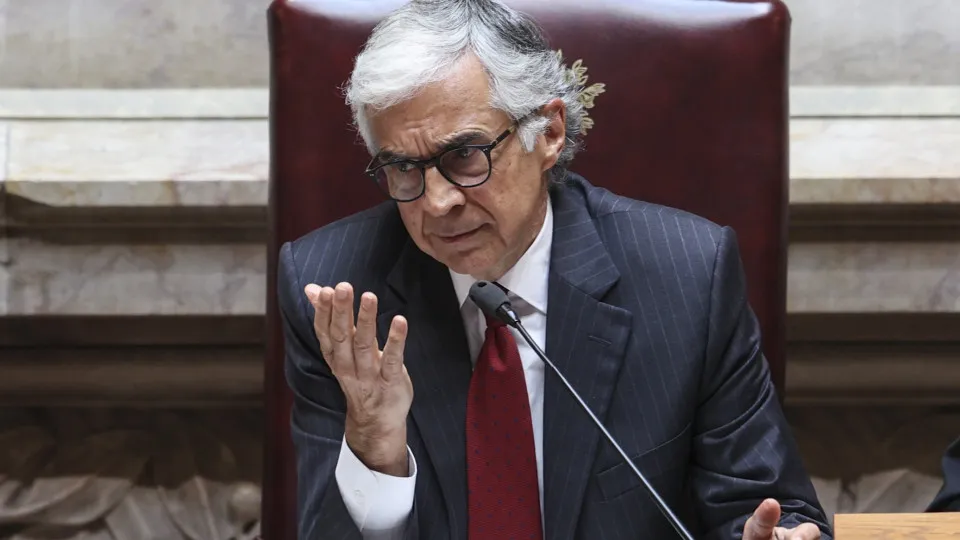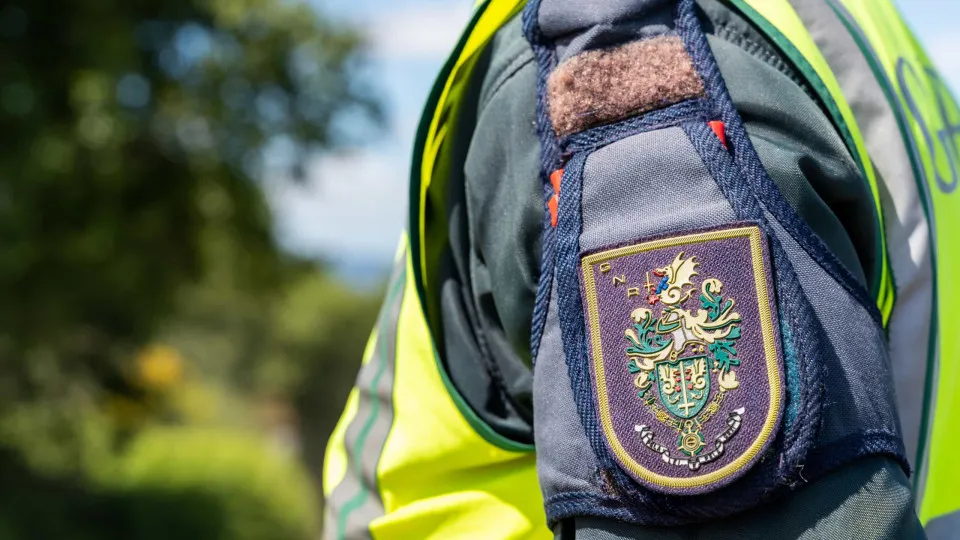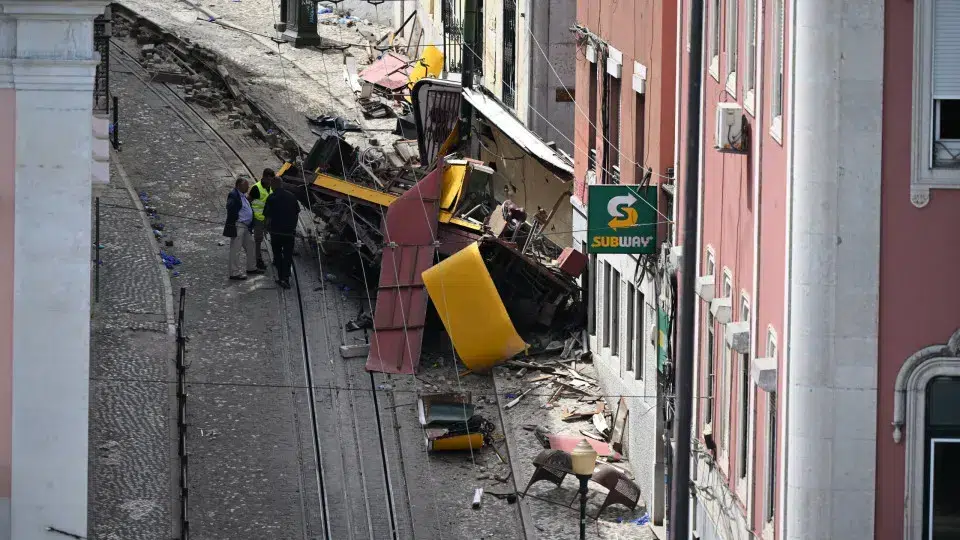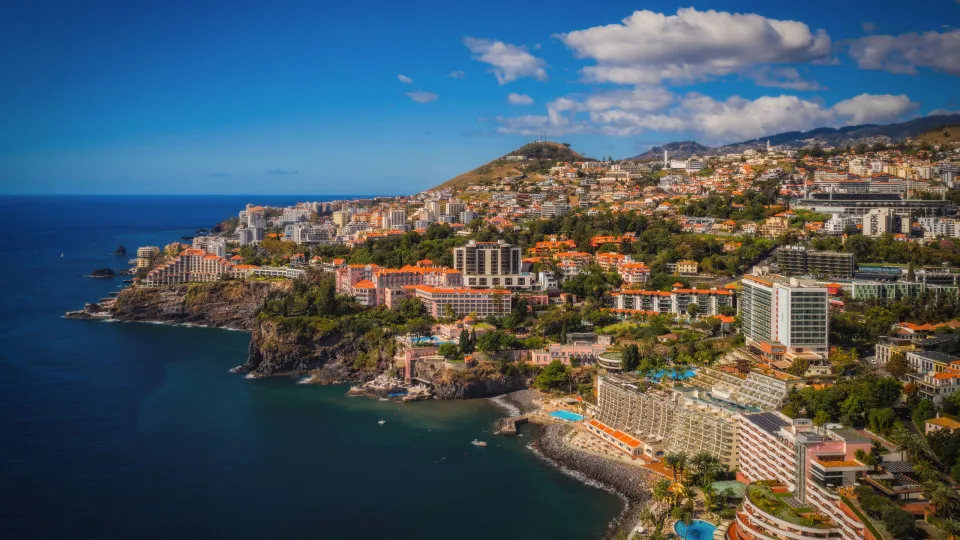
The position is outlined in a directive signed today by Aguiar-Branco, which admits requests by BE and JPP—both seeking the opening of a parliamentary inquiry commission on forest fires.
In the directive, the parliament president indicates that “the irregularities identified” in Chega’s initiative “do not assume such gravity that would warrant immediate rejection of the request.”
However, the president of the Assembly of the Republic has decided to notify Chega to “if desired, under threat of potential rejection, within five days, clarify the inquiry’s objective and/or conform it with the constitutional and legal prerequisites that limit the legitimate scope of parliamentary inquiries.”
According to José Pedro Aguiar-Branco, Chega must “specify which government or administrative action it intends to scrutinize by proposing a complete investigation into the contours of the police operation named ‘Torre de Controlo,’ as well as the investigation of any potential practices of cartelization or corruption in the rural fire fighting sector.”
They must also “specify which government or administrative action they aim to scrutinize by proposing an investigation into the alleged businesses and economic interests thriving from the perpetuation of rural fires.”
Additionally, they must “justify the existence of new facts or subsequent knowledge that warrant extending the inquiry’s objective to government or administrative actions from previous legislative sessions [in this case 2017] to the current one.”
The president of the Assembly of the Republic notes that in the case concerning Chega’s investigations into the police operation “Torre de Controlo” and possible schemes of cartelization or corruption in the fire fighting sector, no government or administrative actions are identified—”which prevents its compatibility with the functional criterion established in the RJIP (Parliamentary Inquiries Legal Regime).”
“Parliament can direct its investigation activities to public office holders and public law entities, as well as individuals or private companies, directly or only as they are relevant to the investigation of a specific issue related to the government’s or administration’s activities. Going further, particularly pursuing investigations into matters under the exclusive competence of judicial or police authorities, would represent an unacceptable overlap with the judiciary’s functions, violating the principle of separation of powers, and would constitute a usurpation of powers,” Aguiar-Branco emphasizes.
The president of the Assembly of the Republic further states that “the parliamentary inquiry is not intended to establish criminal responsibilities nor to replace judicial entities.”
“Its function is primarily political: it aims to elucidate relevant facts for the purpose of controlling the government and administration’s actions, detecting any failures or dysfunctions in law application or public policy implementation,” he counters.
Aguiar-Branco also points out that Chega’s proposal spans from 2017 to the present.
“This period covers the XIII, XIV, XV, and XVI legislatures, which in principle contradicts the established temporal limit. The retrospective scope of the object should, therefore, be duly justified within the legal exceptions admitted, otherwise risking non-compliance with the RJIP,” he warns.
In the case of the requests submitted by BE and JPP also seeking the formation of an inquiry commission on fires, the parliament president notes that their execution “will depend on an express resolution by the plenary session.”
“It is understood that any need to reconcile the different parliamentary inquiries should be deferred to a later time, being a responsibility for the leaders’ conference,” he adds.




